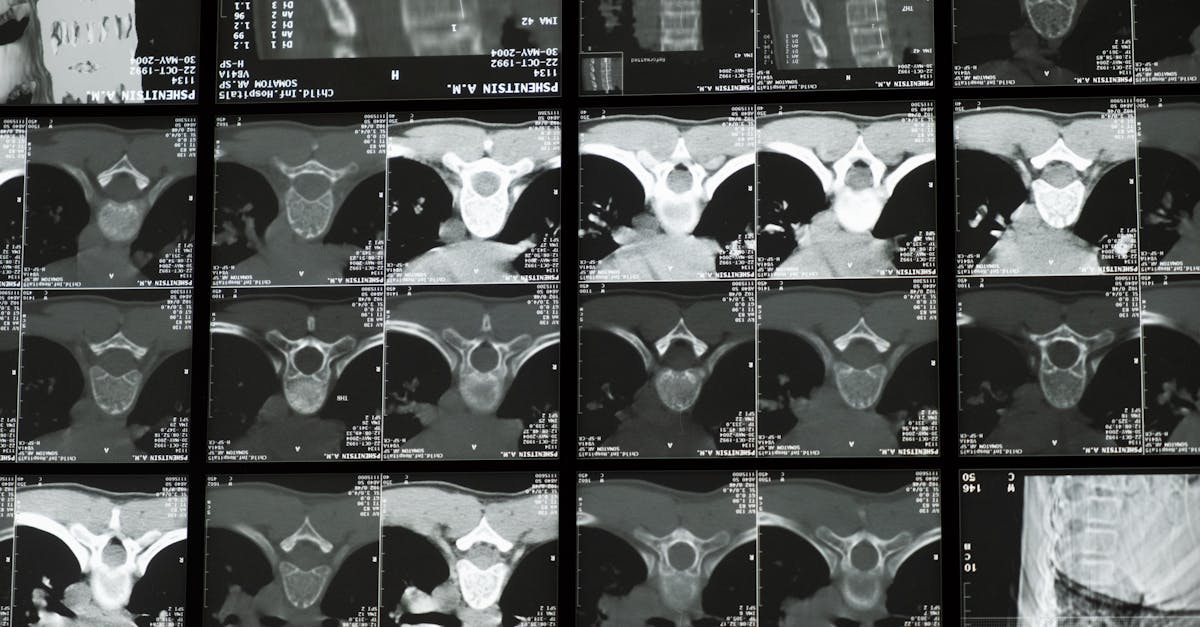Chronic leg pain can significantly impact one’s quality of life, making even simple tasks challenging and uncomfortable. Whether it stems from an injury, overuse, or an underlying health condition, chronic leg pain demands attention and proper management to alleviate discomfort and improve overall well-being.
Leg pain is reported by 60% of patients who present with low back pain (LBP). Hence, there is a need to delve into its symptoms and treatments.
In this comprehensive guide, we delve into the symptoms, treatment options, and the importance of addressing root causes, emphasizing the potential benefits of holistic approaches like Pulse Align.
Understanding Chronic Leg Pain
Chronic leg pain refers to persistent discomfort or ache in the legs that lasts for weeks, months, or even years. It can manifest in various forms, including:
Aching: Dull, continuous pain that may worsen with movement or activity.
Burning Sensation: A feeling of heat or burning in the legs, often associated with nerve-related issues.
Sharp or Shooting Pain: Intermittent bursts of sharp pain, which may indicate nerve compression or injury.
Tingling or Numbness: Sensations of pins and needles or loss of sensation, suggestive of nerve involvement.
Common Causes of Chronic Leg Pain
Several factors can contribute to chronic leg pain, including:
Muscle Strain and Overuse: Repetitive movements or excessive physical activity can strain the muscles, leading to persistent pain.
Injuries: Trauma from accidents, falls, or sports-related incidents can result in chronic pain if not adequately treated.
Peripheral Neuropathy: Damage to the peripheral nerves due to diabetes, vitamin deficiencies, or other medical conditions can cause chronic leg pain.
Venous Insufficiency: Conditions like varicose veins or deep vein thrombosis can impede blood flow, resulting in pain and swelling in the legs.
Arthritis: Osteoarthritis or rheumatoid arthritis affecting the joints in the legs can lead to chronic pain and stiffness.
Symptoms of Chronic Leg Pain
Identifying the symptoms associated with chronic leg pain is crucial for accurate diagnosis and treatment. Some key symptoms include:
- Persistent discomfort or ache in one or both legs.
- Difficulty walking or performing routine activities.
- Swelling, tenderness, or warmth in the affected area.
- Changes in skin color or texture, such as redness or scaling.
- Limited range of motion or stiffness in the legs.
The Role of Pulse Align in Chronic Leg Pain Management
While traditional approaches focus on symptom management, holistic therapies like Pulse Align offer a unique perspective by addressing the root causes of chronic leg pain. Pulse Align utilizes a combination of gentle adjustments, nutritional support, and lifestyle modifications to restore balance and promote healing from within.
Research suggests that Pulse Align can positively impact chronic pain by
Improving Alignment: Misalignments in the spine and pelvis can contribute to leg pain by placing undue stress on muscles and nerves. Pulse Align techniques aim to realign the body’s structure, reducing pressure on affected areas and alleviating discomfort.
Enhancing Nerve Function: By restoring proper alignment and reducing interference along the nervous system, Pulse Align may help improve nerve function and alleviate symptoms associated with neuropathy and nerve compression.
Promoting Circulation: Optimal blood flow is essential for healing and tissue repair. Pulse Align techniques facilitate blood circulation by relieving tension and congestion in the vascular system, promoting nutrient delivery and waste removal.
Supporting Overall Well-being: Holistic approaches like Pulse Align emphasize the interconnectedness of body, mind, and spirit. By addressing physical misalignments alongside nutritional deficiencies and emotional stressors, Pulse Align offers a comprehensive approach to chronic pain management.
Holistic Lifestyle Changes for Improved Well-being
In addition to seeking professional care, individuals experiencing chronic leg pain can benefit from incorporating holistic lifestyle changes into their daily routine:
Mindful Movement: Engage in low-impact exercises such as yoga, tai chi, or swimming to improve flexibility, strength, and circulation without exacerbating pain.
Nutritional Support: Adopt a balanced diet rich in fruits, vegetables, lean proteins, and omega-3 fatty acids to reduce inflammation and support tissue repair.
Stress Management: Practice relaxation techniques such as deep breathing, meditation, or journaling to reduce stress levels and promote emotional well-being.
Quality Sleep: Prioritize restful sleep by maintaining a consistent sleep schedule, creating a relaxing bedtime routine, and optimizing the sleep environment.
Conclusion: Embracing a Holistic Approach to Well-being
Chronic leg pain can significantly impact one’s quality of life, but it doesn’t have to define it. By addressing the root causes of pain and embracing holistic approaches like Pulse Align, individuals can take proactive steps toward healing and reclaiming their well-being.
While complete healing may not always be attainable, the elimination of symptoms with the Pulse Align approach can be attributed to a natural return to well-being, rather than a direct result of the Pulse Align care system alone. By focusing on holistic insights and addressing the interconnected aspects of health, individuals can empower themselves to live fully and vibrantly.
Are you ready to explore the transformative power of holistic pain management? Consider incorporating lifestyle changes and exploring Pulse Align for improved well-being through a natural return to normal function.
Reference
Konstantinou, K., Dunn, K. M., Ogollah, R., Vogel, S., Hay, E. M., & the ATLAS study research team. (2015). Characteristics of patients with low back and leg pain seeking treatment in primary care: baseline results from the ATLAS cohort study. BMC musculoskeletal disorders, 16, 1-11.https://www.ncbi.nlm.nih.gov/pmc/articles/PMC4634730/
As the visionary CEO of Pulse Align, François is dedicated to transforming the landscape of pain management and posture health. With a deep-rooted passion for innovation and a commitment to excellence, François leads the team in developing cutting-edge solutions that empower individuals to live healthier, pain-free lives. Under his leadership, Pulse Align has become a beacon of hope and support for those navigating postural-related issues and chronic pain. François brings a wealth of experience in neuromodulation and patient management technologies, combining strategic insight with a compassionate approach to address the unique challenges faced by each individual.




